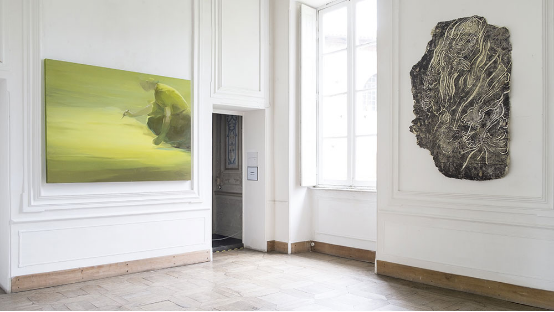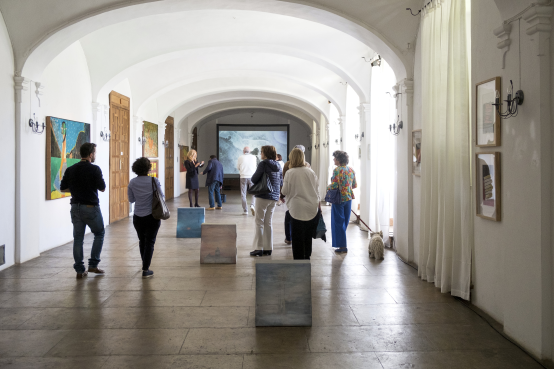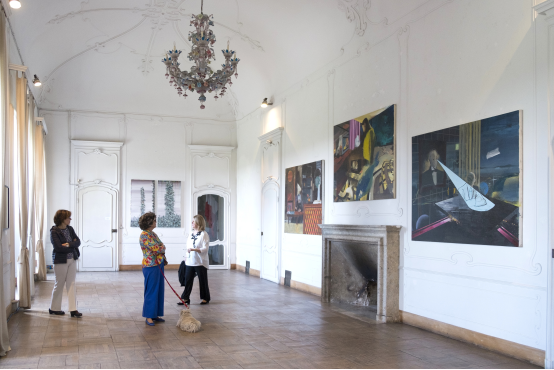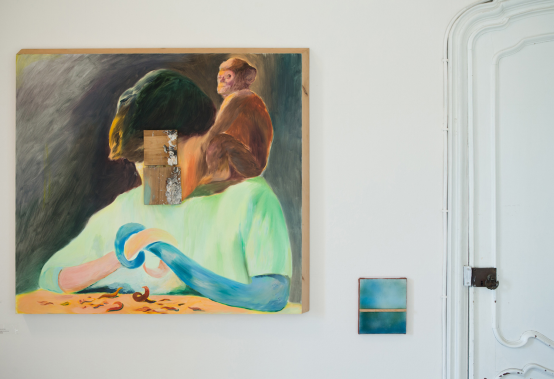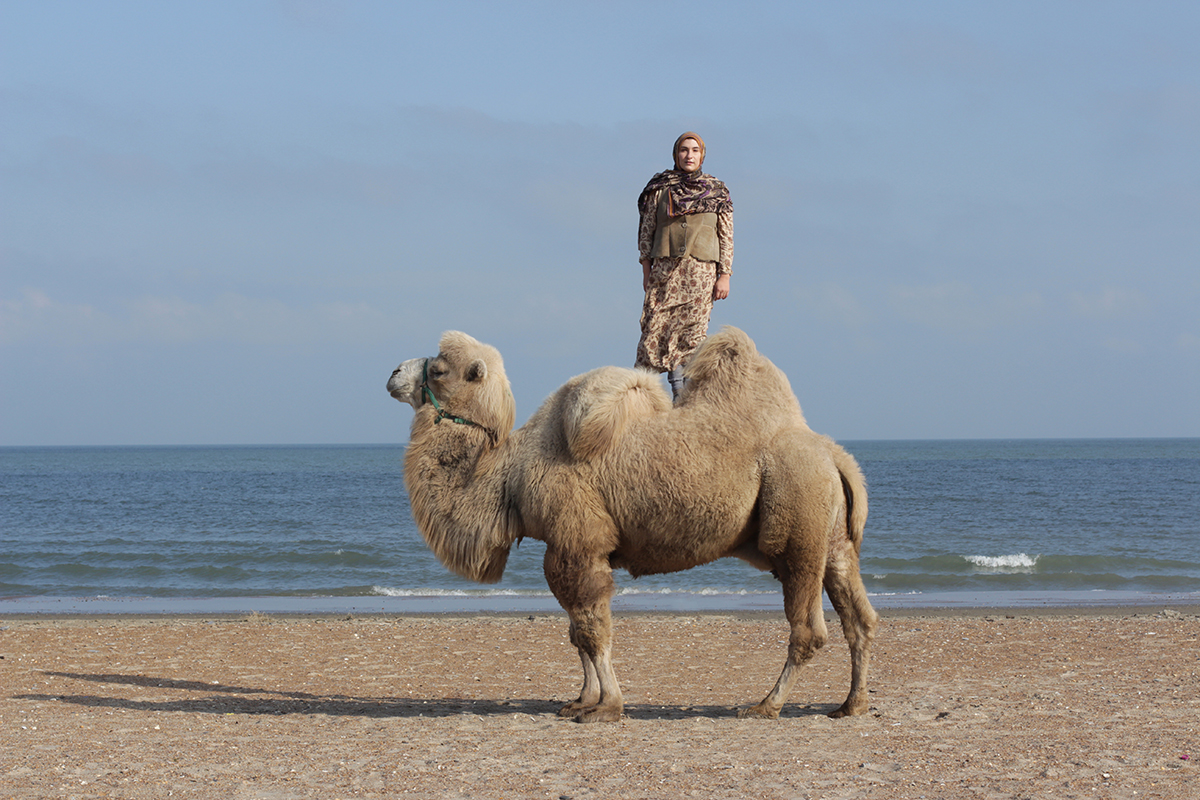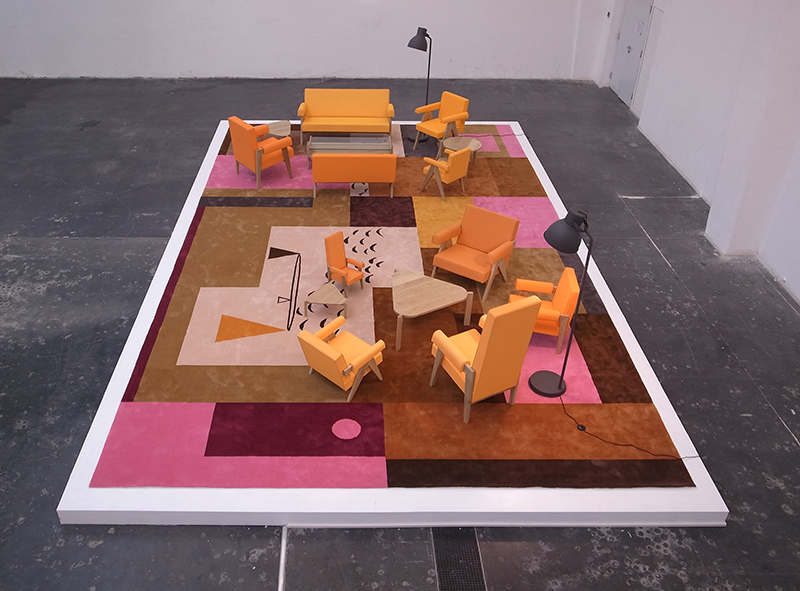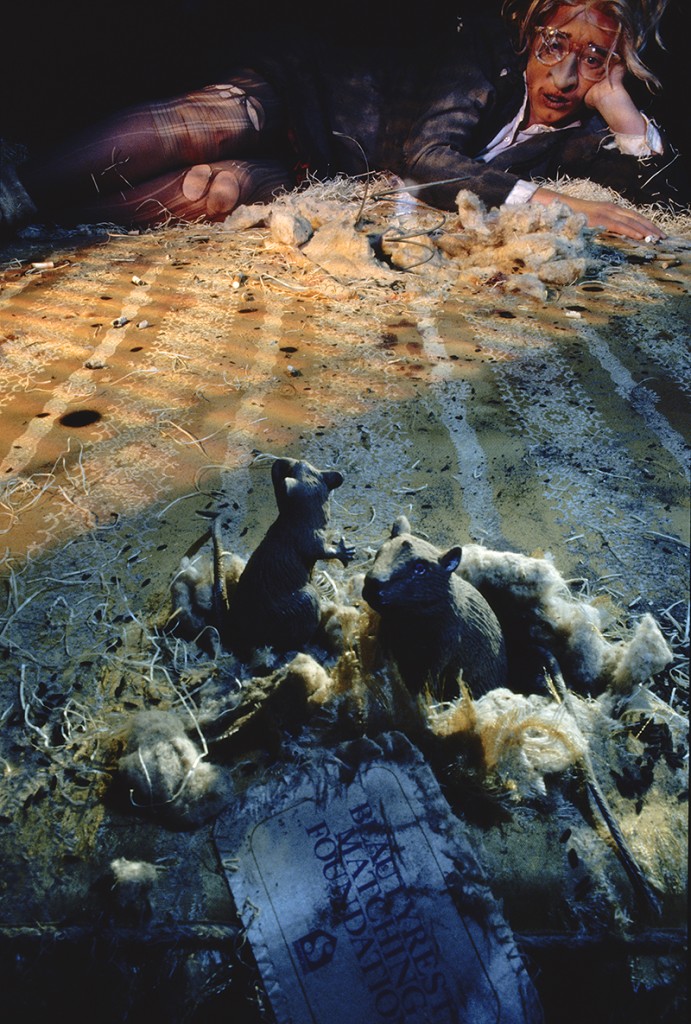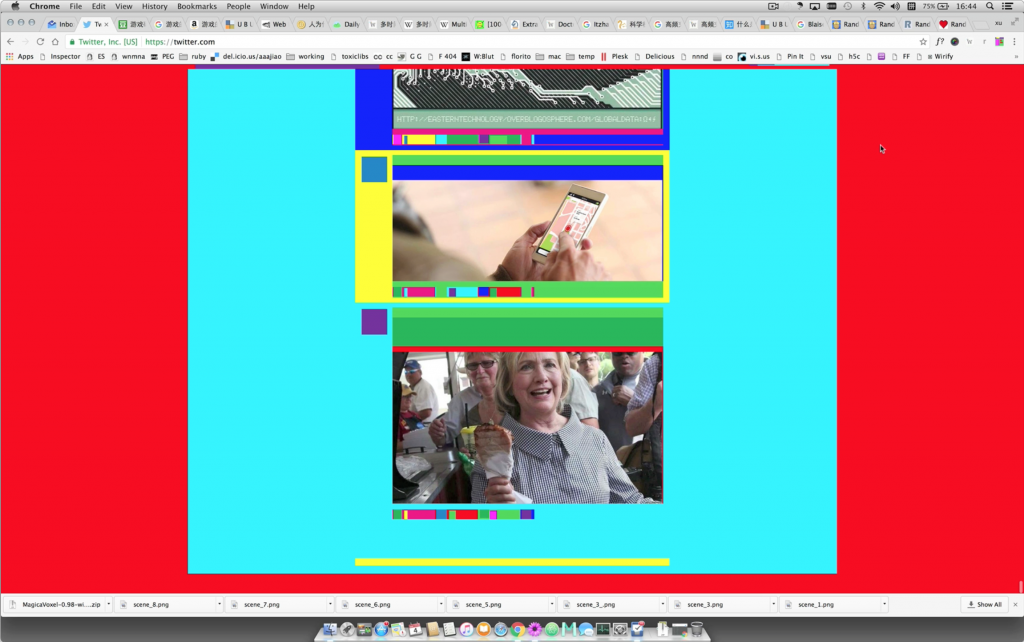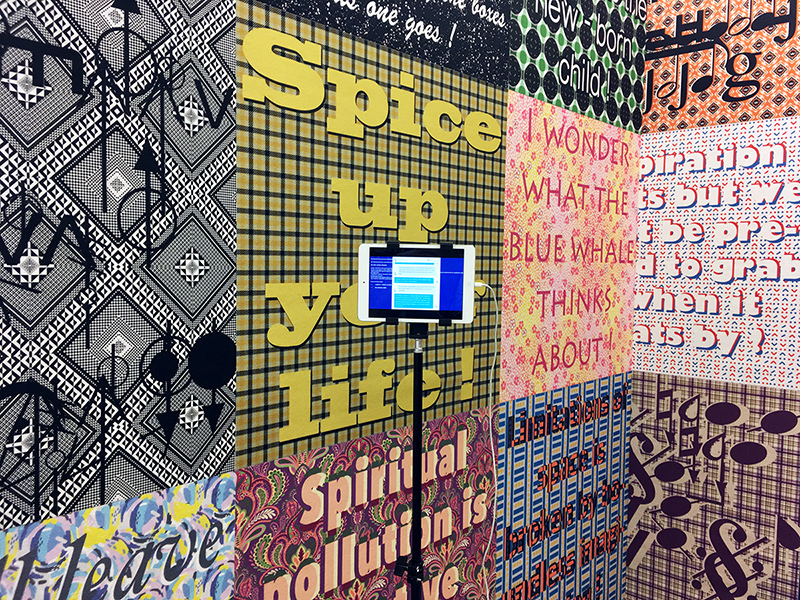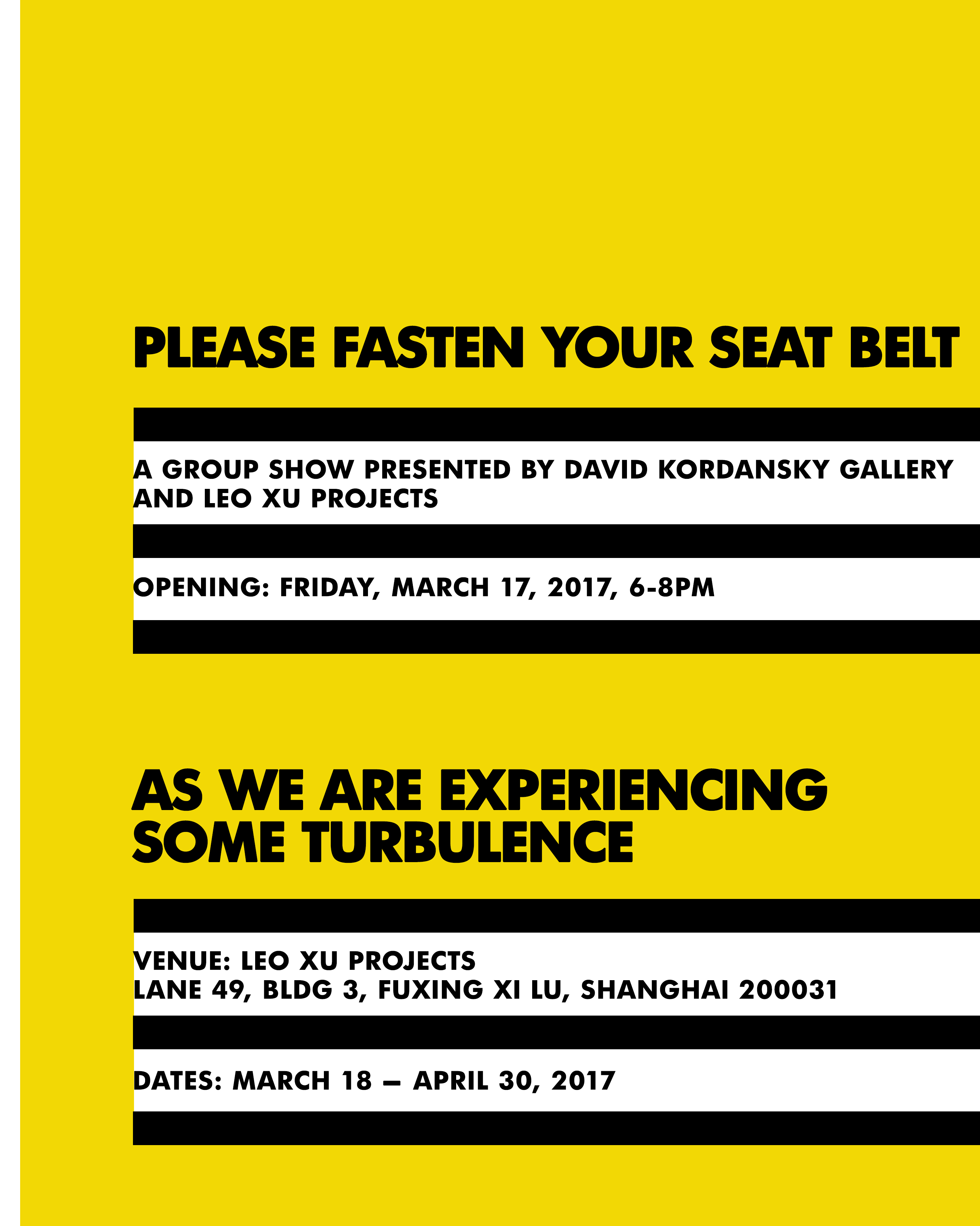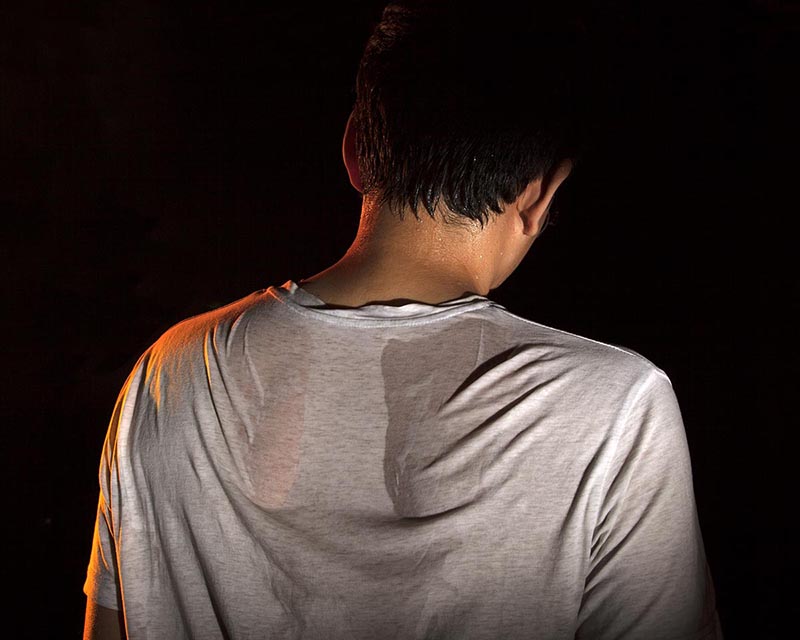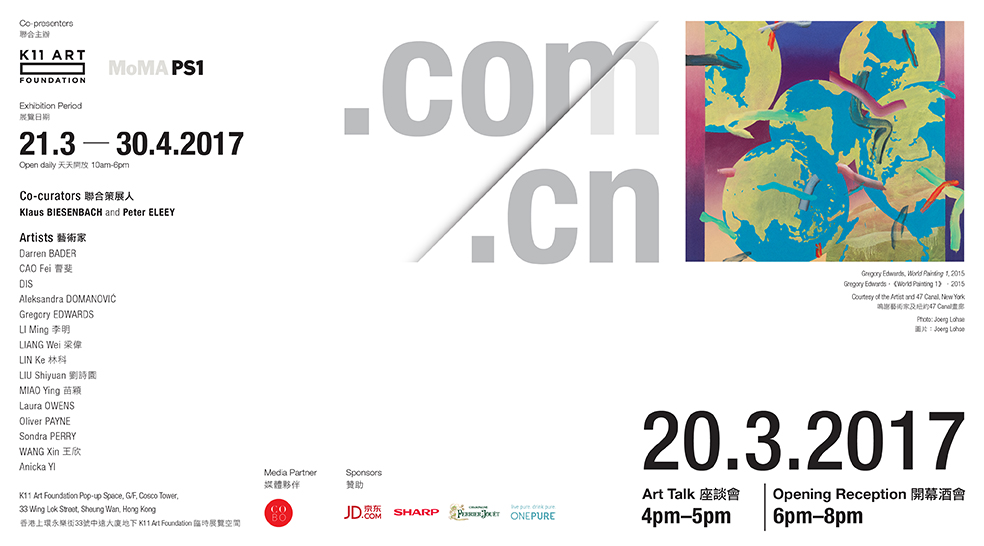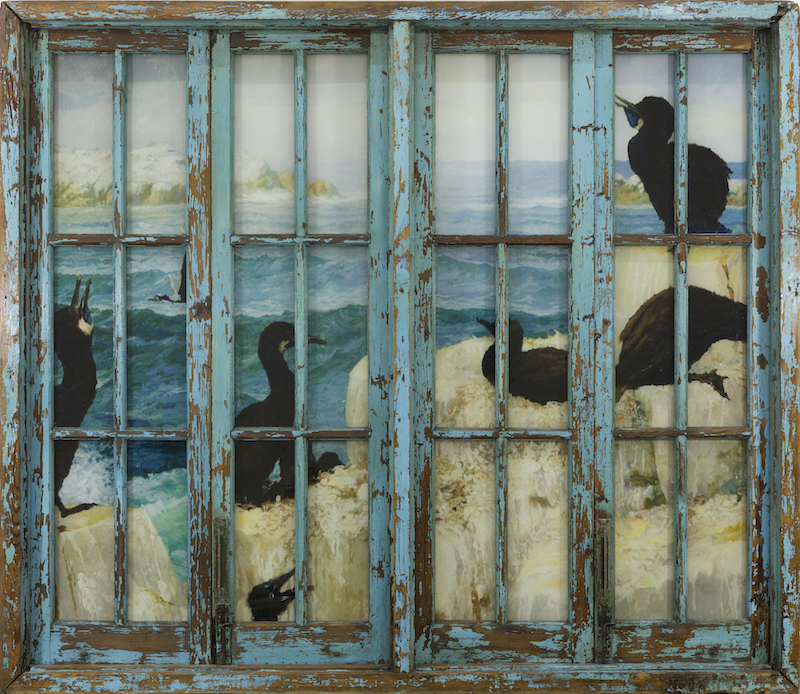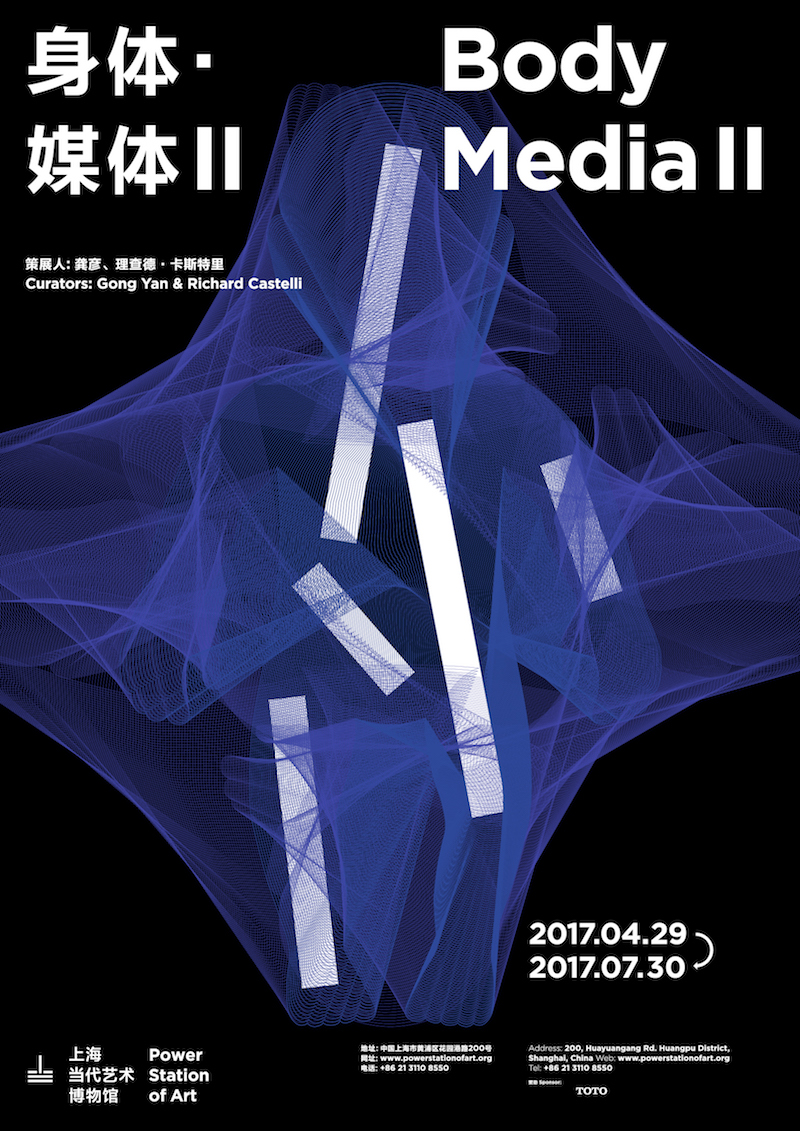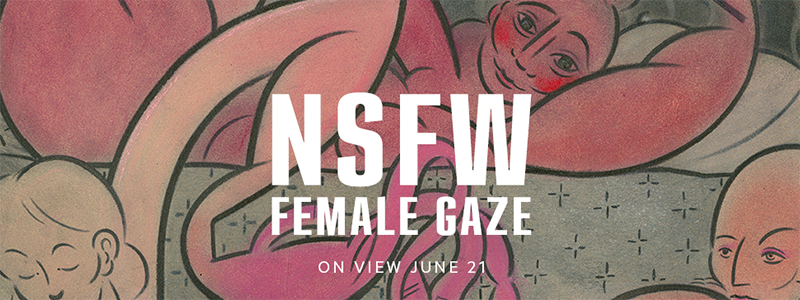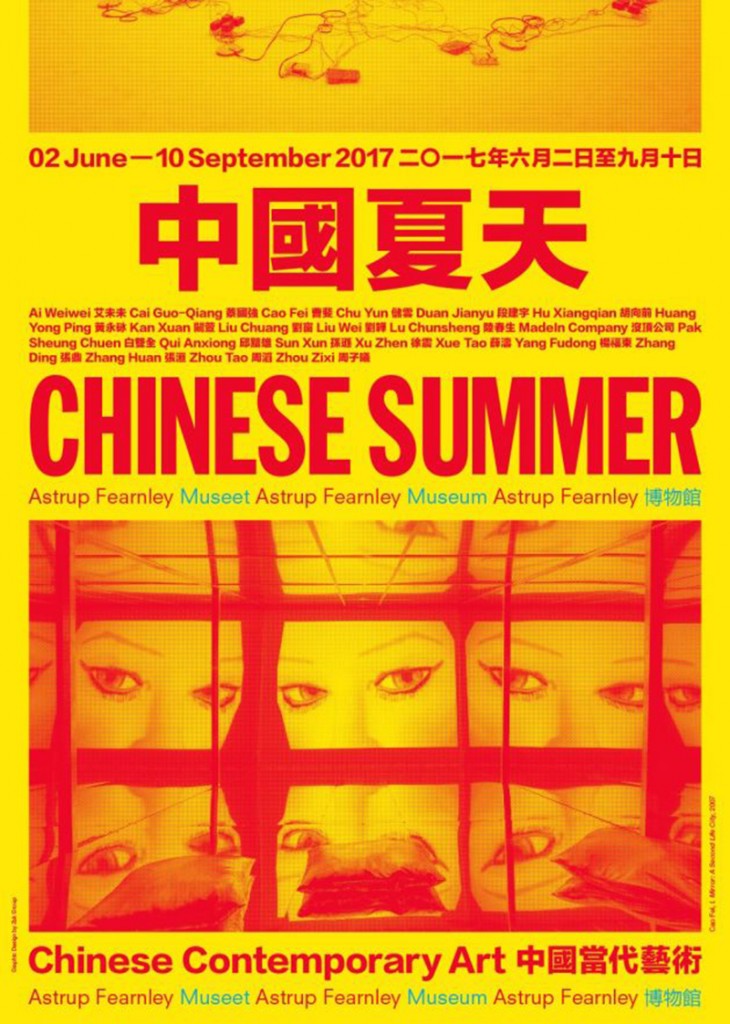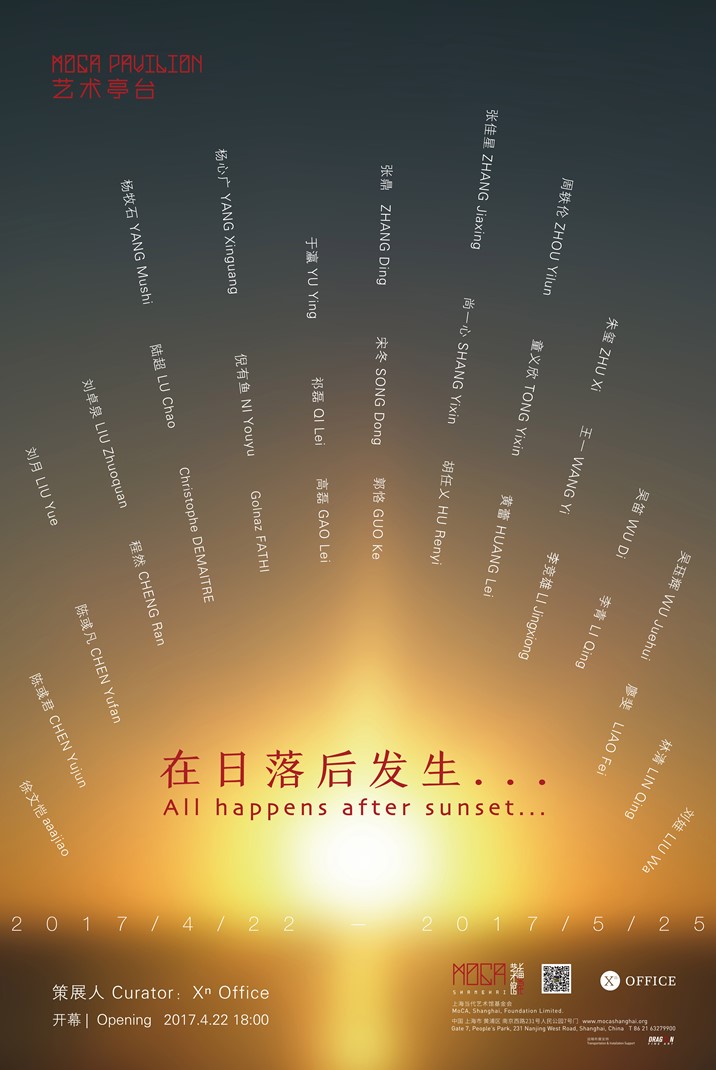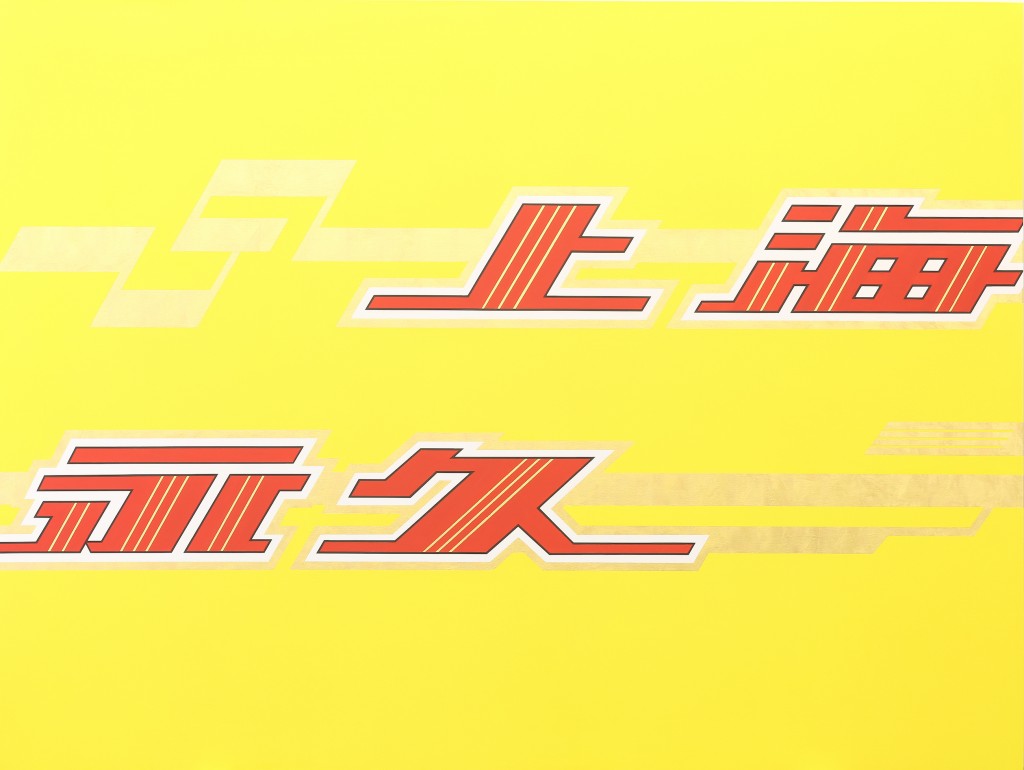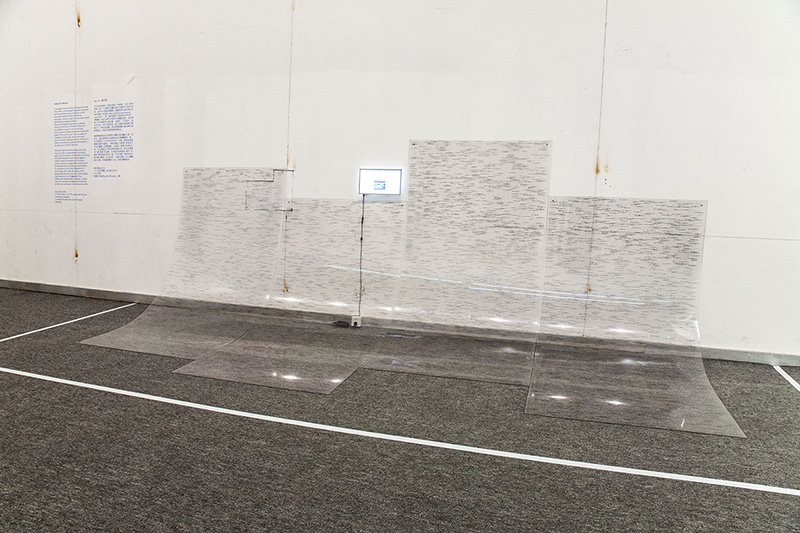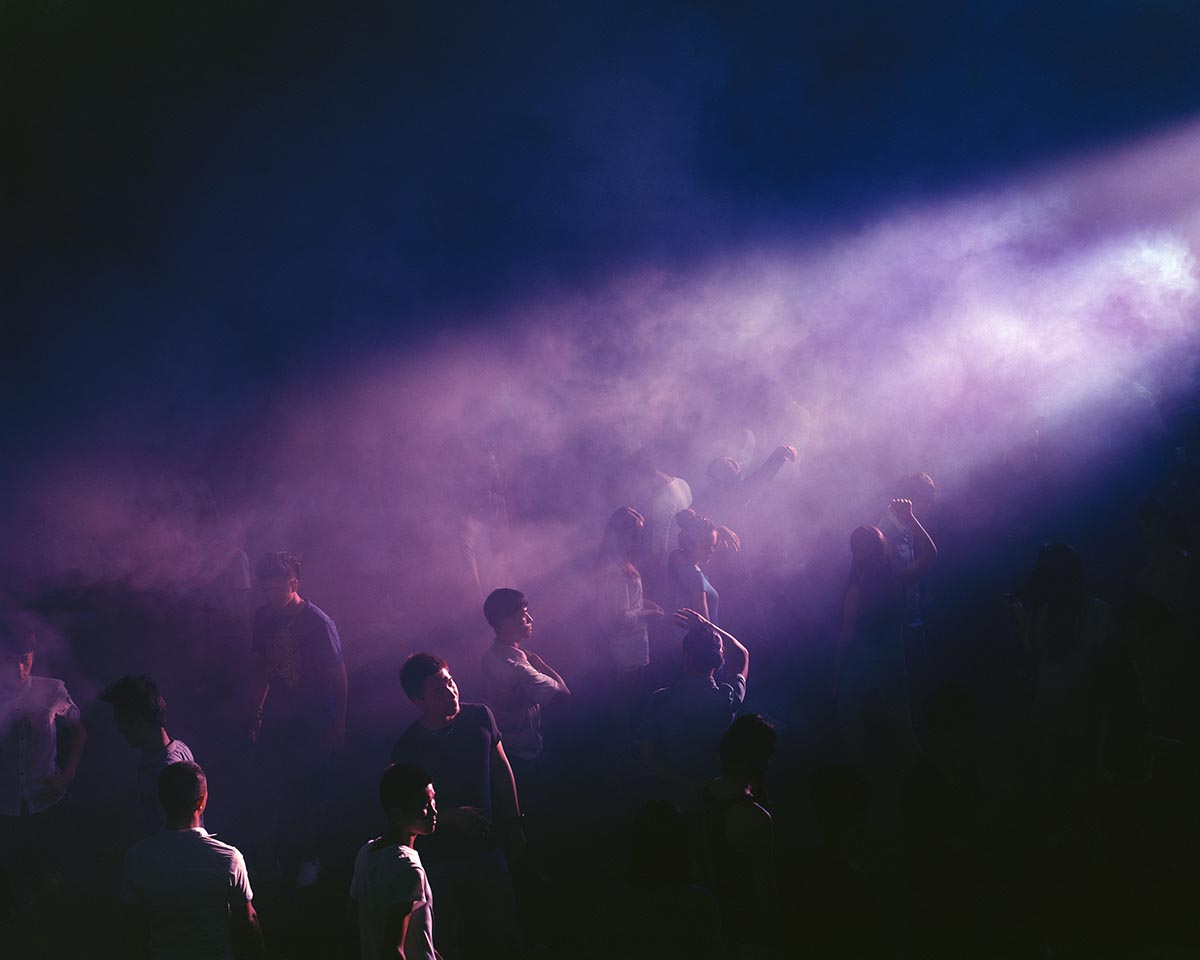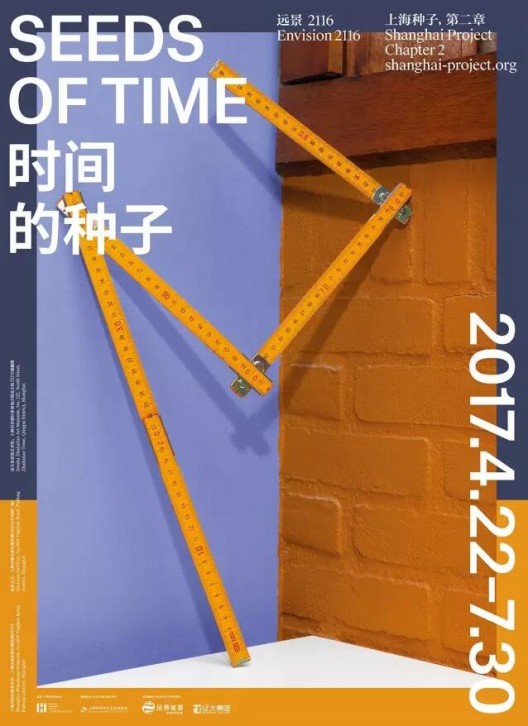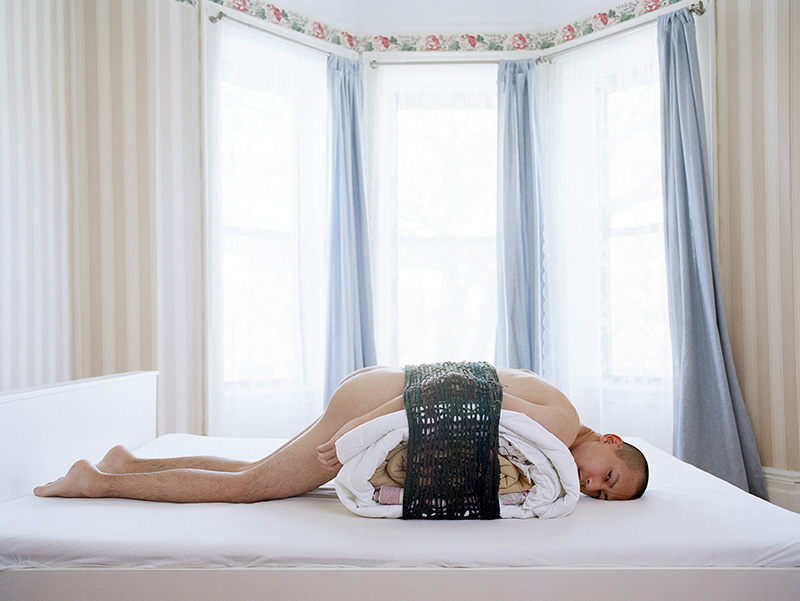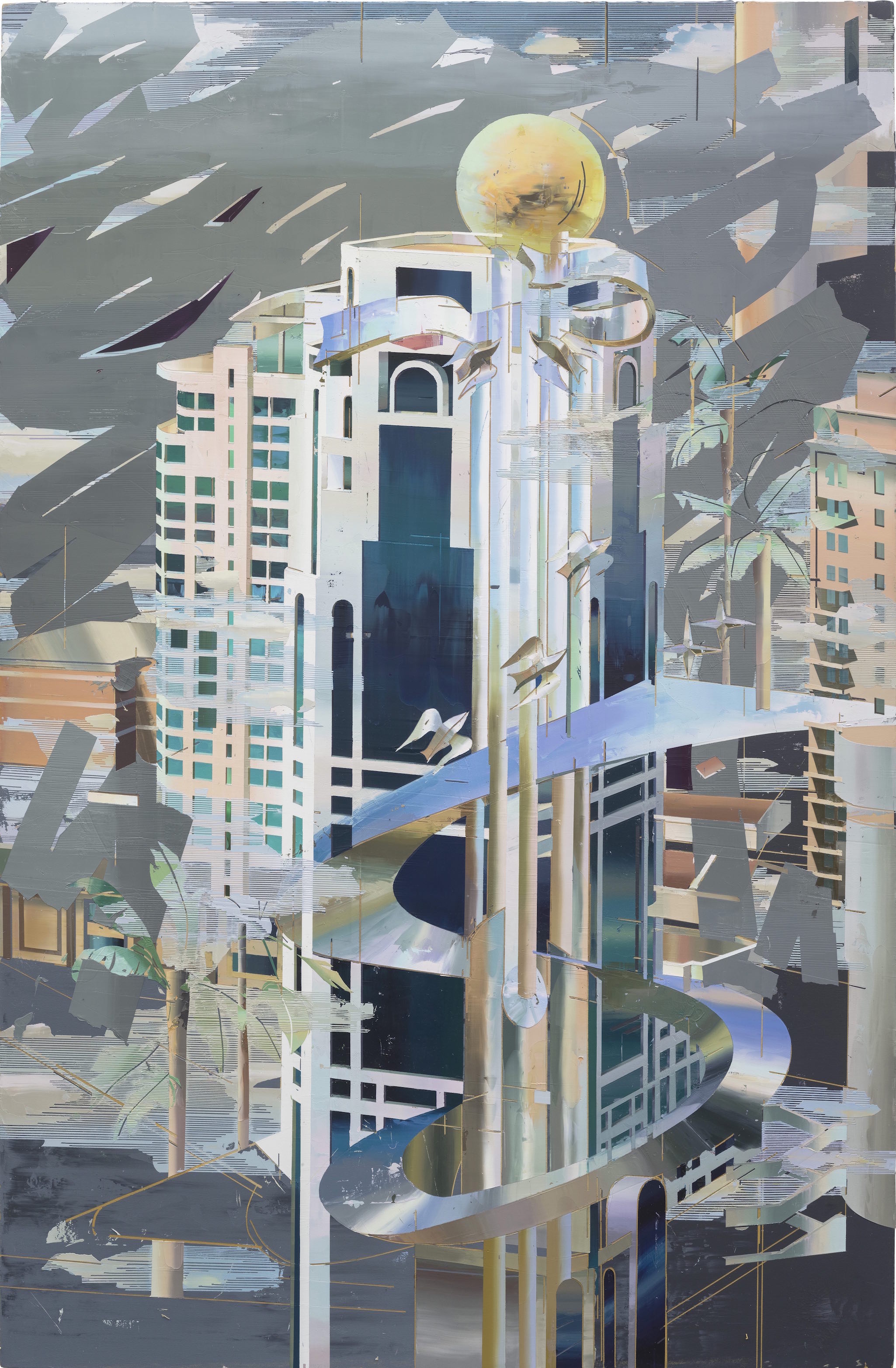Utopia and Beyond
April 24th through June 18th, 2016
Castello Di Rivara Contemporary Art Centre
Contemporanea Piazza Mafalda di Savoia, 10098 Rivoli, Torino
Curated by Shi Jian, this exhibition invites 15 Chinese artists to present nearly fifty of their recent works in various forms, such as oil painting, ink painting, mixed media, and video.
The exhibition proudly announces Franz Paludetto as its academic consultant. Bringing Italian audiences the latest creations of contemporary Chinese artists, this exhibition attends to the intimate relation between the artists’ works and the “utopia” of art, and examines key issues such as modernized application of traditional Chinese aesthetic elements, criticism and intervention of art on reality, construction of the “utopia” of art, among others.
One of the core premises of contemporary artists is the means through which they could stand on and then transcend reality to establish their own “utopia” of art. Shi Zheng visualized emotions in changing light and shadow; He Xun discovered poetic moments in ordinary details of reality; Hai Bo used black-and-white images to show the lovely and melancholic life; Jin Jinghong and Xue Feng both in pure forms explored the multiplicity of art world; Qiu Xiaofei found the implicit association of color between dreams and reality. These artworks lead us to a “utopia” of aestheticism through a flowing aesthetic experience. Following the artists, we strike a crack in reality: beauty suddenly stops its steps, and patronizes this human world.
Some artists held ambiguous attitude toward the thought of art surpassing reality, and refrained from the optimism about the possibility of creating a “utopia” of aestheticism. Nonetheless, this caution enables us to go beyond the illusion of “utopia” and return to complex reality. Liang Manyong expressed a loneliness of fitting in nowhere through seemingly happy little monsters; Meng Yangyang confronted individuals’ unsettled emotions in brighter or dimmer halos; Ding Shiwei conveyed political metaphors with gloomy and hopeless strokes; Deng Dafei innovatively used rubbings to discuss ruins of modern cities; Yang Rui attempted to escape from the curse of reality via religion; Shi Yiran found lovely moments in life but froze them as moments of sadness; Ma Qiusha created an art world that looks beautiful but is in fact fragile; similarly, Cheng Ran pressed on toward the inner regrets of every person, urging us to face the unreachable other side. These forces of loneliness and despair seem to echo with the reality in China. They do not have to be associated with politics, but they do reflect some anxieties deeply hidden there. Such anxieties burst the perfect illusion about reality, preserving some valuable space for going beyond “utopia”.
“Utopia” cannot be an eternal land of bliss. It could also well be the disturbing reality behind a perfect illusion, in which the present, the past, and the future peacefully coexist and reach transient equilibrium. China’s young contemporary artists are also looking for their own voice of art in certain equilibrium. They look poles apart, but all root in some types of Chinese plots and reality, with subtle interconnections. Here also quietly lies the hidden power of China’s contemporary art to embrace the “utopia of art” and transcend the utopian illusion.
Co-organizer of this exhibition, Artopia Commune is a creative non-for-profit art space dedicated to promoting exchange and collaboration of contemporary art between Asia and Europe. It encourages artworks that examine and contribute to the forging of a deeper understanding of critical phenomena and thoughts in art and society. It aims to actively enhance mutual appreciation of different cultures and values in a global context, and facilitate endeavors to build a shared future. We would also like to express our sincere gratitude to Government of Piemonte and to Torino City Hall for their great support to this exhibition.
Participating artists include Cheng Ran, Deng Dafei, Ding Shiwei, Hai Bo, He Xun, Jin Jinghong, Liang Manyong, Ma Qiusha, Meng Yangyang, Qiu Xiaofei, Shi Yiran, Shi Zheng, Xue Feng, Yang Rui and Yin Xiuzhen.

